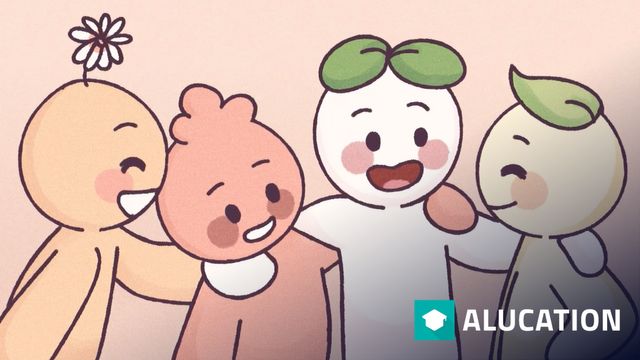7 Signs Their Love for You is Toxic
Do you often feel drained and unhappy in your relationship? The person you once fell in love with just doesn’t seem to be there, and the relationship seems to have taken a turn in the wrong direction. Healthy relationships sometimes take work, but the positive feelings often take the front seat. The



